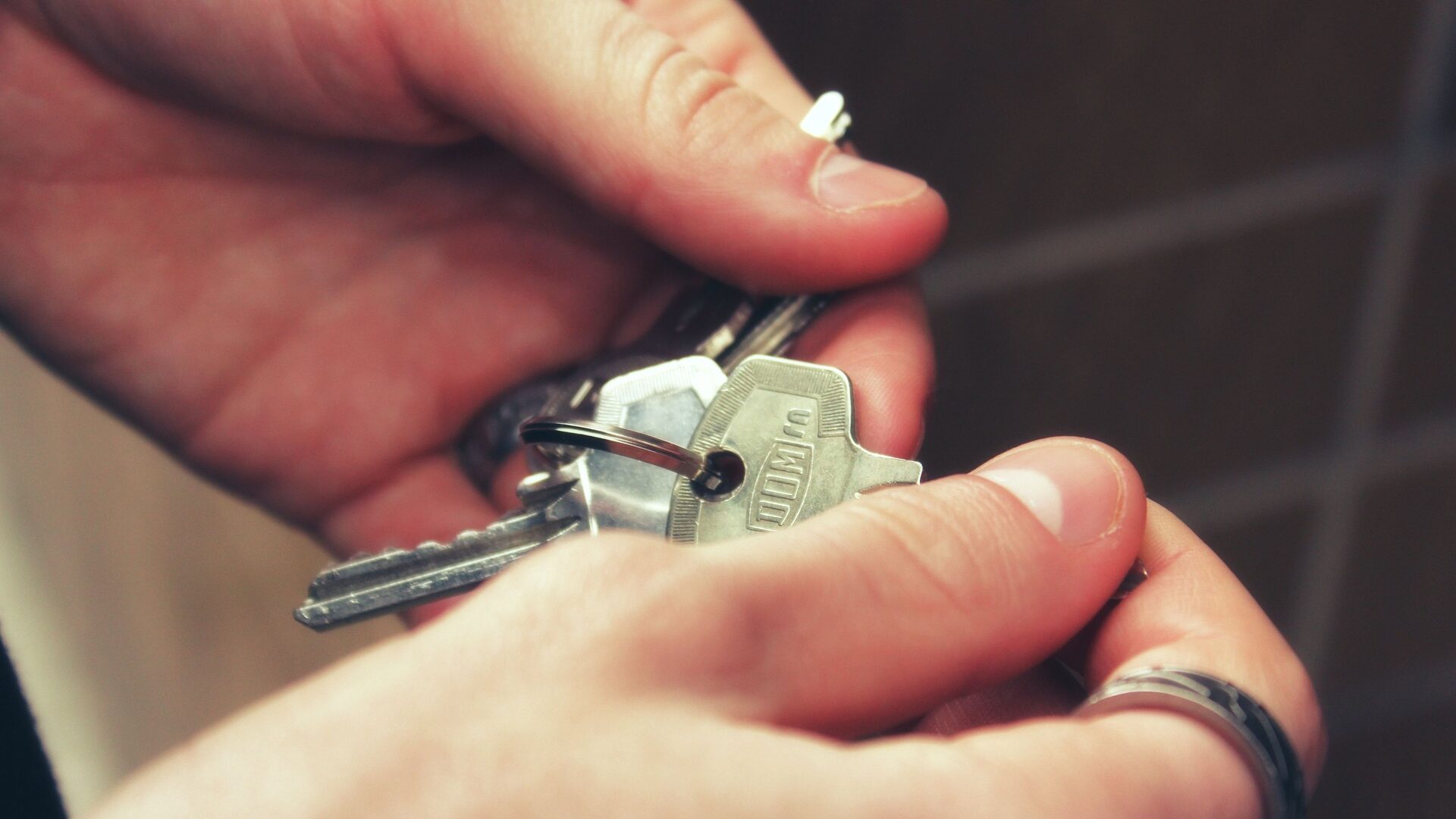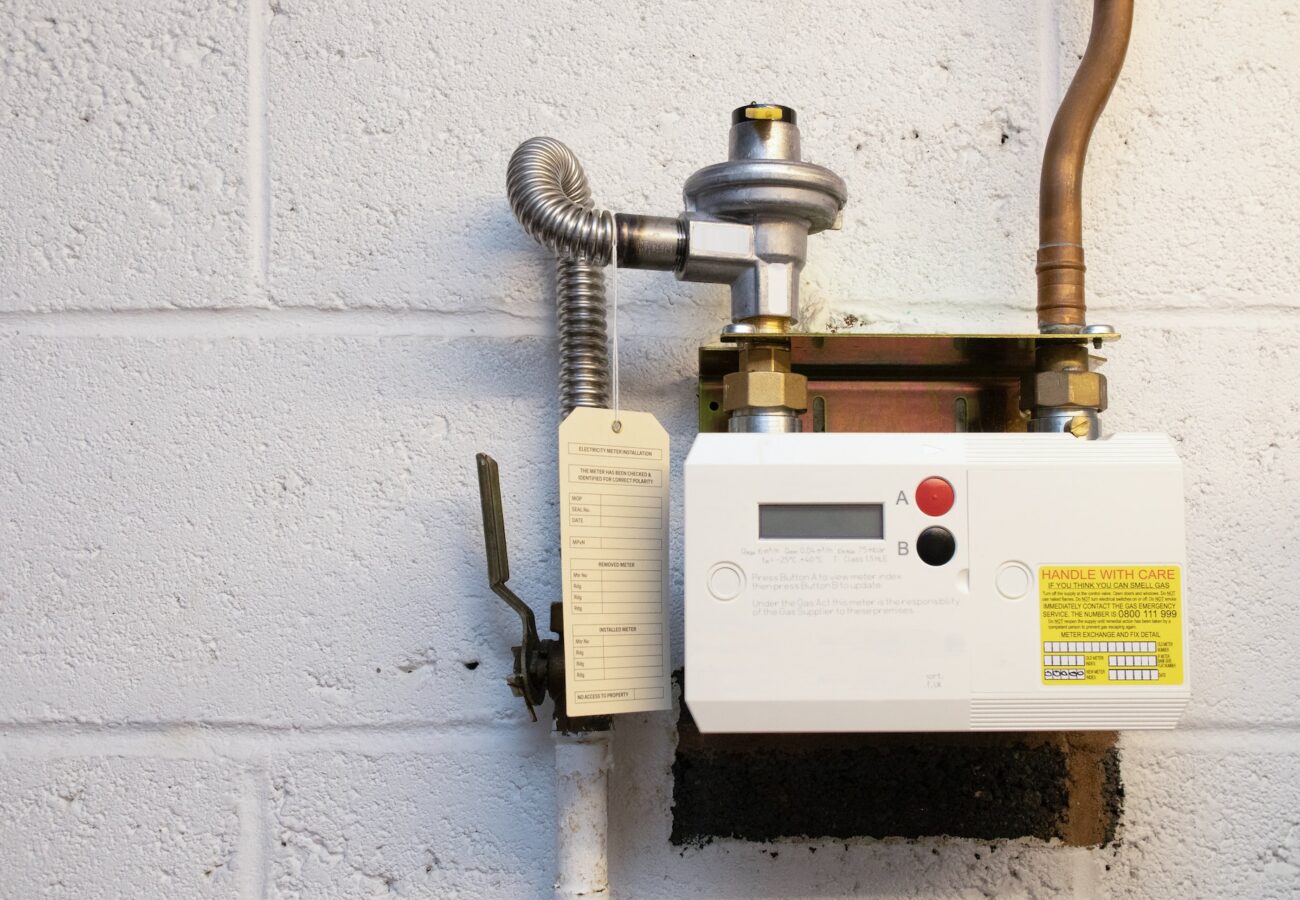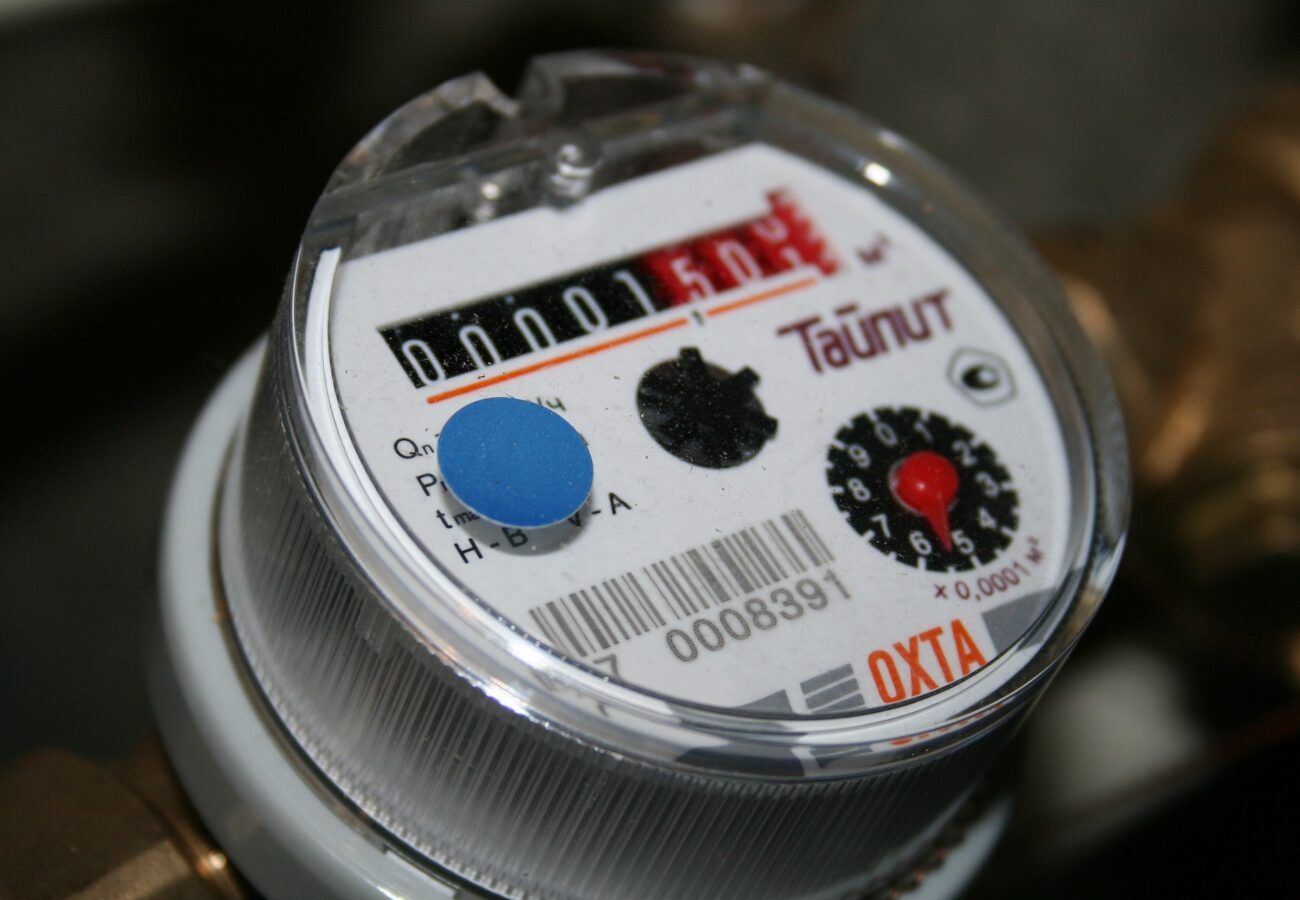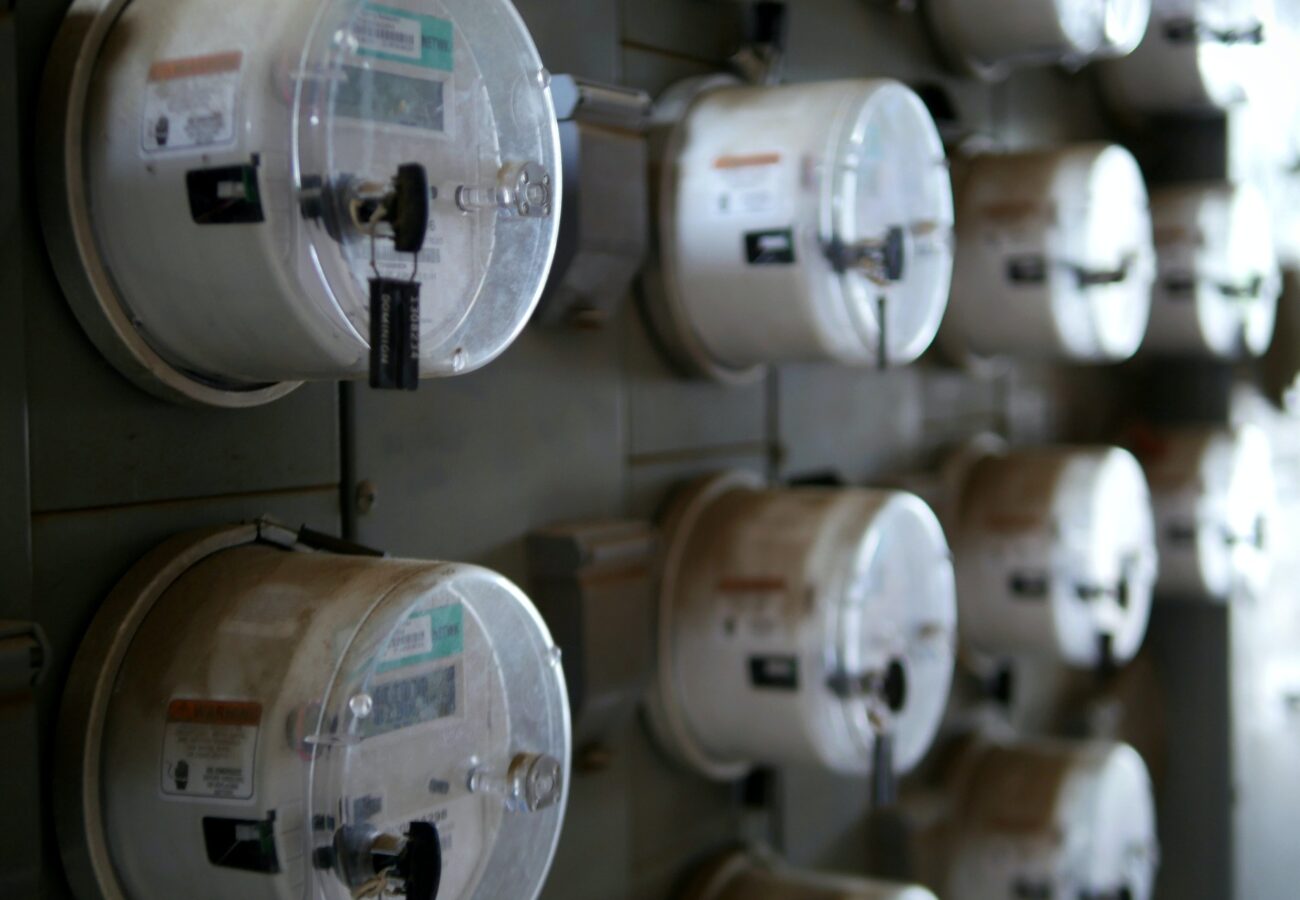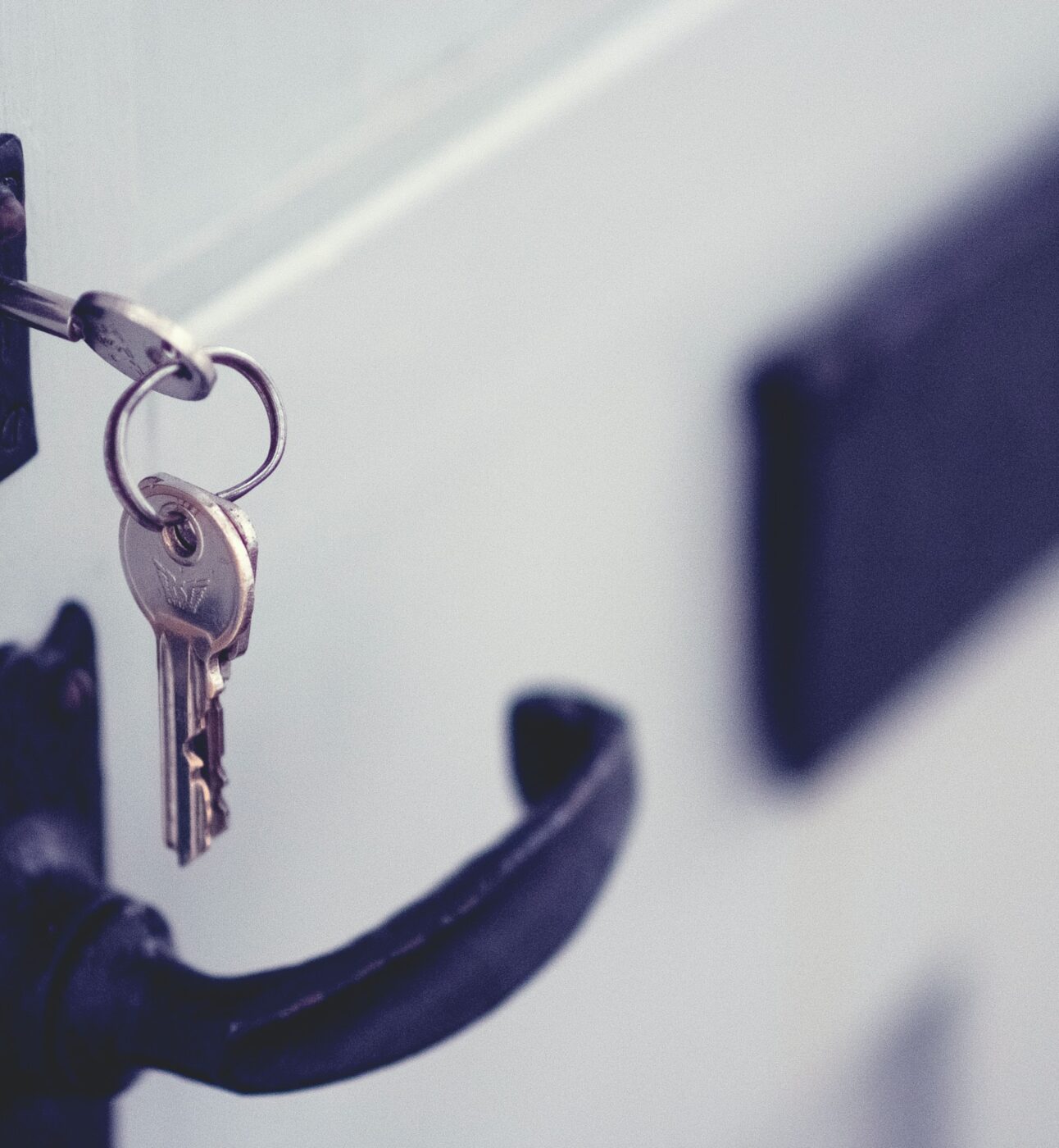
a guide to viewing and signing for a new home
At akt, we understand that viewing and signing for a new tenancy can be both exciting and nerve-racking. In this guide, we have included a few tips and important steps to think about in preparation for your new home.

